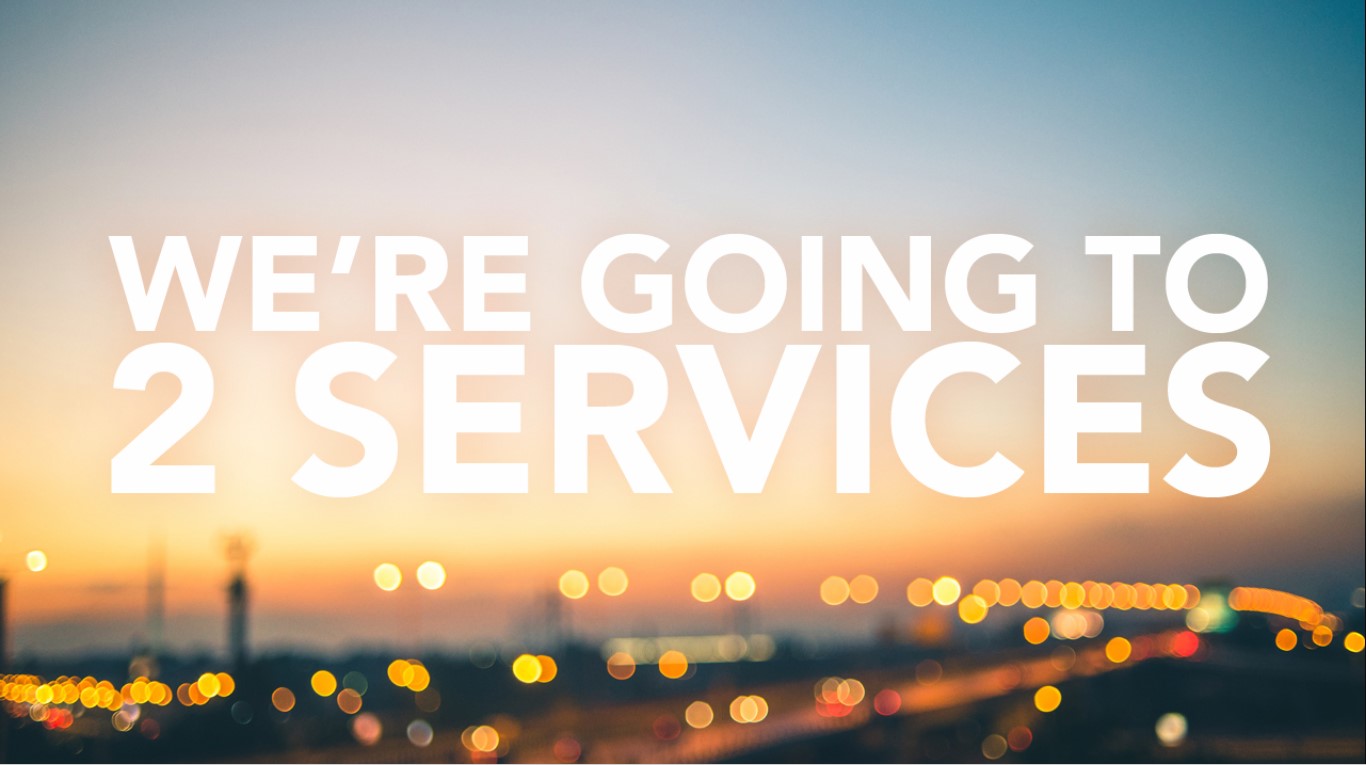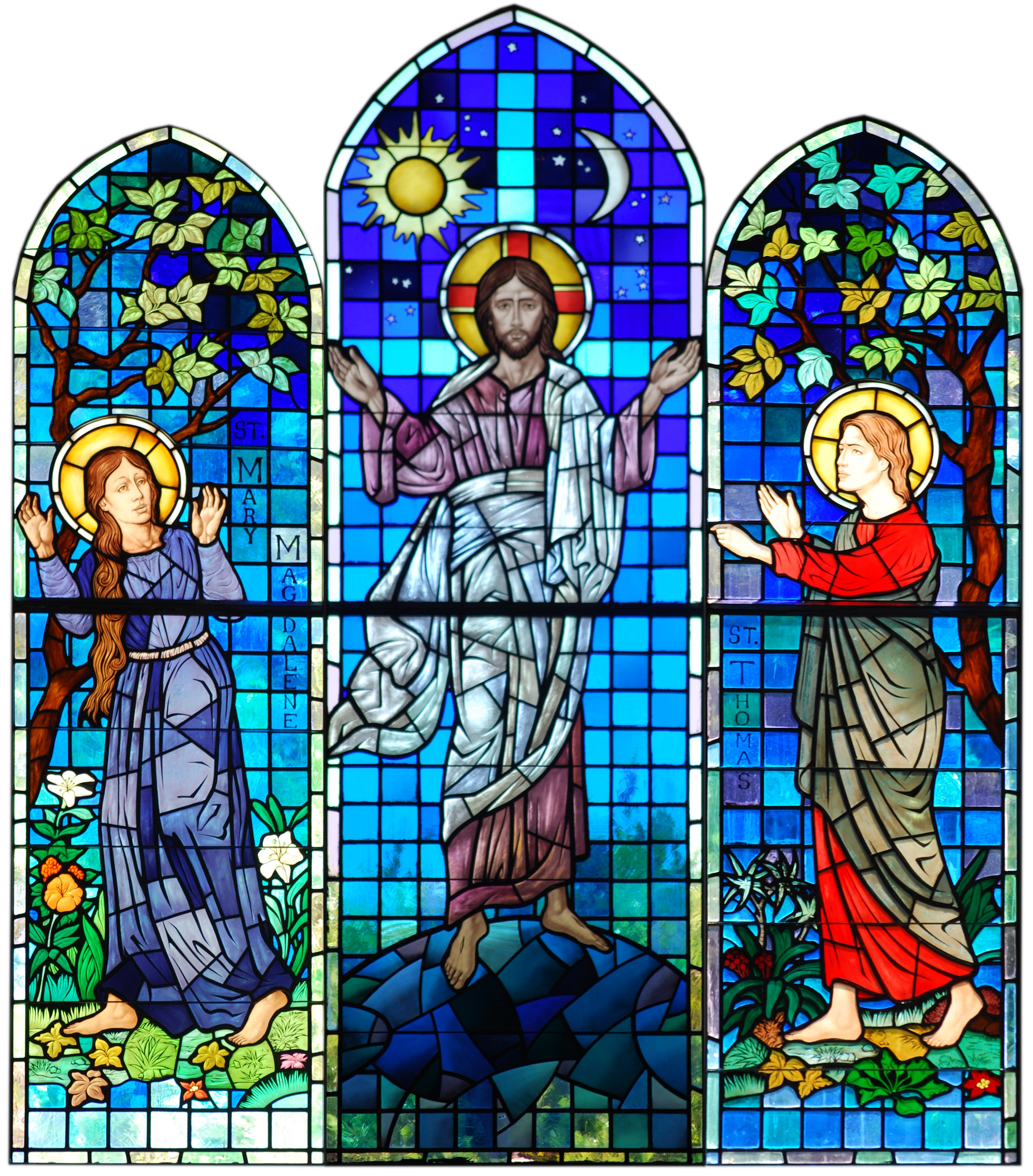We Are Back To 2 Worship Services!
/in News, Uncategorized/by StAlbansAdmin |
| Starting January 8th, St. Albans will be returning to our regular schedule of two services on Sunday morning. The first service is at 8 AM, and the second service is at 10 AM, giving you twice as many opportunities to be with your church family! We hope that you’ll continue to join us in times of worship and learning onward into the year.
As always, if you can’t join us on Sunday, you can view our services online, or check out other ways to get connected with our ministries. Children’s Formation Ministry will continue to be held at 8:15 am prior to the worship service. For more information contact Deacon Mossman at: deacon@stalbanswestwood.org
|
Join 580 Cafe’ For Their Fundraiser & Global Earth Day Celebration
/in News, Uncategorized/by StAlbansAdmin
| This Earth Day join us as we celebrate the incredible diversity of God’s good creation- evidenced by the gifts and talents of our 580 students. Beloved community connects us to one another in wonderful and inspiring ways. We invite you to join us as we gather to share the beauty of our world through music, art, dance, and food! |
